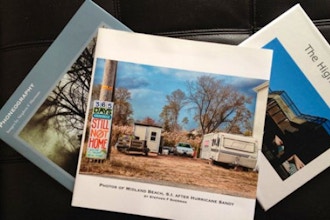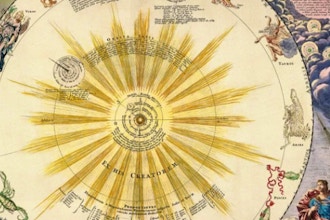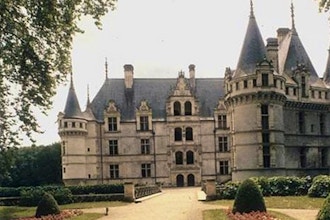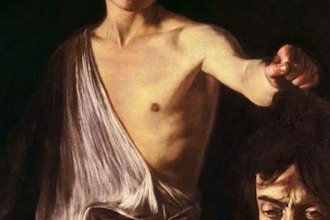Discover the Best History Classes in NYC
New York City is a thrumming hub of American history. It is also home to some of the busiest people in the world. Where can New York City residents go if they want to use their coveted free time to learn not only about the history of their city but the history of the wider world?
Fortunately for all of the city’s curious minds, New York City plays host to several different institutions offering comprehensive history courses on nearly every major point in human history. Interested parties can register for these courses and attend them in person on an institution’s New York City campus or online via platforms like Zoom.
Which of the history courses available in New York City make the best impression on their students? Dive into this exploration of New York City’s best history classes to learn more.
Why You Should Learn History in NYC
Taking the time to learn about history gives today’s professionals and students the opportunity to better connect with the communities around them. Learning about New York City specifically can help participants feel better rooted in their boroughs or as though they have a greater connection to the immigrants who came before them. Courses focusing on the history of more distant cities or civilizations can still elicit that sense of generational community as students learn about the day-to-day habits and notable events that have come to shape society as they know it.
That sense of community doesn’t just bind students to the lessons that they’re learning. New York City’s history courses can also help students better connect with the people around them. Like-minded participants can continue to learn together even after graduating from a specific history course.
Last but not least, the study of history can serve as an outlet for today’s busy professionals and students. Even if course participants use their lessons on a day-to-day basis, the study of a specific topic under the guidance of an expert can let course participants blow off steam after a long day at school or in the office. Participants can then take the knowledge they learn in a history lesson back home with them, where they can mull over a historical event’s themes or details instead of focusing on the parts of their days that might otherwise stress them out.
In other words, the study of history in NYC can provide students with historical connections, a modern-day community, and outlets for stress. What more could a person ask for?
In-Person History Classes & Schools in NYC
With the benefits of NYC’s history courses laid bare, take a look at some of the in-person history courses available to Big Apple residents.
What Mad Pursuit? Think Olio
What better place is there to learn in New York City than Central Park? When the weather is good, students can participate in the classes offered by Think Olio, including “What Mad Pursuit?” This course explores the Greek concept of ekphrasis and ekphrastic poetry. The course concludes with attending students composing and performing their own ekphrastic poetry allowed in Socrates Sculpture Park.
The course costs $45 and runs for a single day. Students can expect to spend two hours in Central Park, deep-diving into ekphrasis and its poetic context. Students do not have to have a pre-existing understanding of ekphrasis to participate in this program, but students should come prepared to perform in front of their peers.
North Brooklyn Pizza Walk, Scott’s Pizza Tours
Not every history class has to take place in a classroom. Scott’s Pizza Tours, for example, introduces New York tourists and locals alike to the history of this Big Apple staple. The “North Brooklyn Pizza Walk,” in particular, offers students a taste of pizza’s history as well as a taste of some of Brooklyn’s best local pies.
This is a single-day course running for no more than two and a half hours. The course costs $65 and hosts a limited number of students, capping at 16. The class does not advertise its starting location or restaurants in advance but instead sends an individualized syllabus, in a manner of speaking, to students upon their purchasing of a ticket.
Students of all ages can participate in Scott’s Pizza Tours. The tours themselves allow students not only to taste Brooklyn’s best pizzas but to learn about the kitchens they’re made in and the history of those famous pizzerias. Students do not have to do any research ahead of time and can expect the class to run regardless of the local weather.
Calculus: History and Concept, Brooklyn Institute for Social Research
Math may not be an average history student’s favorite cup of tea. That said, the history of math may prove more engaging than run-of-the-mill calculus. So believes instructor Suman Ganguli, who teaches “Calculus: History and Concept” as part of the Brooklyn Institute for Social Research’s “Calculus: History and Concept” course.
This course requires students to think about the achievement that is mathematics and how that achievement came to be. Participants do not have to perform any mathematical calculations but can instead enjoy a seminar that asks questions like:
- What is calculus?
- What influence does math, including calculus, have on the world at large?
- How will the study of math evolve in the years to come?
This course operates chronologically, taking students from the onset of calculus to the developments brought about by some of the greatest minds in mathematical history.
This course costs $315 to attend. Students can expect to meet with Professor Ganguli once a week on Wednesdays for three hours. There isn’t currently a virtual course option available for students located outside of New York City.
Virtual History Classes & Schools
Today’s students don’t have to attend their history courses in person. Several institutions offer virtual history classes, including the following:
PredictionX: John Snow and the Cholera Epidemic of 1854, Harvard Faculty of Arts & Sciences
Don’t let the name of this course fool you. Harvard Faculty of Arts & Science’s “PredictionX: John Snow and the Cholera Epidemic of 1854” doesn’t have a thing to do with Westeros or George R.R. Martin’s Game of Thrones. Instead, this three-to-five-hour course touches on a specific instance in health and medical history. The course is self-paced and allows students to deep-dive into descriptions of London in the 19th century as well as the different ways John Snow influenced the development of modern epidemiology.
The course requires students to engage with certain era-appropriate readings as well as an interactive ArcGIS tool. This GIS tool lets students get a closer look at John Snow’s London in 1854. Students can also engage with a timeline of Snow’s investigation into the cholera epidemic.
Harvard Faculty of Arts & Sciences offers this course through PredictionX. PredictionX uses the lessons of yesteryear to make assumptions about the years to come. With that in mind, students can expect to take the lessons from John Snow’s time and apply them to today’s understanding of pandemics and the application of modern medicine.
Both Harvard Faculty of Arts & Sciences and PredictionX offer this course free of charge. Students do not need to have a pre-existing understanding of history or public health to enjoy this course.
Growth, Cities, and Immigration, Crash Course US History
Crash Course represents one of the best collections of virtual history courses available for free today. Helmed by the Green Brothers, the business offers virtual courses on a wide range of subjects, including the historical development of New York City. “Growth, Cities, and Immigration,” in particular, touches on the topic of urbanization with New York City as its focus.
Crash Course shares “Growth, Cities, and Immigration” as part of its Crash Course US History program. The virtual class runs for just under thirteen minutes and comes free of charge. Students who want to engage with this class can find it on YouTube - but that’s not all. Crash Course also offers students access to a collection of texts referred to in the video courtesy of CommonLit. Students can also engage with additional course materials through Crash Course’s Patreon.
The one downside to Crash Course is its limited opportunities for student-to-student and student-to-instructor engagement. Students who want to interact with their peers can visit Crash Course’s Reddit page or the video’s comments. That said, the course doesn’t actively encourage this kind of engagement. With that in mind, it’s safe to say that Crash Course’s New York City-related classes and other history programs are best for students who thrive when learning independently.
Private Group History Classes in NYC
Not everyone learns well in a large group. Parties interested in participating in a private history course can register for the following programs:
Virtual Trivia: Fake vs Real News
It can be difficult to separate a term like “Fake News” from current-day politics. Professional instructors can, however, and in doing so, can introduce curious minds to an in-depth study of propaganda, media history, and modern events. While CourseHorse’s Virtual Trivia: Fake vs. Real News isn’t a traditional history course, participants who want to expand their understanding of today’s “Fake News” trend can participate and learn more about this change in modern media.
The trivia course costs $360 for up to 15 participants. That said, CourseHorse’s hosts can entertain up to 200 people with facts about Fake News. CourseHorse charges $10 for each participant above the original 15-person headcount but does not charge the lead participant booking fees when initially scheduling the game night.
Speaking of scheduling: given the course’s private and virtual nature, Los Angeles residents are free to schedule a Fake vs. Real News trivia night at their leisure. Interested parties can even pay a $150 customization fee to go more into depth about certain “fake news” features that pique their interest.
Virtual Private Trivia
What private trivia sessions are there for professionals who don’t want to focus on a particular historical era but who instead want to spread out their text of their colleagues’ knowledge? Consider CourseHorse’s Virtual Private Trivia: General! This program operates much like the “Fake News vs. Real News” program does, though the topics fluctuate. Course instructors pre-prepare trivia questions on a wide range of topics, historical and modern, for participants to wade through in teams.
The program runs for 60 minutes and costs $360 for up to 15 participants, much like other variations on CourseHorse’s trivia night. General trivia hosts can also host up to 200 team members for an additional fee. Anyone who wants to customize their general history trivia night to focus on an eclectic collection of historical periods can do so for an additional $150.
Interested parties can schedule a generalized trivia night at any time of the day and any day of the week so long as CourseHorse hosts are available. CourseHorse recommends that parties participating in the Virtual Private Trivia nights test their Internet connection and Zoom profile before the start of the session. That said, CourseHorse will work to accommodate participants’ electronic needs as possible.
Virtual Bubble Tea-Making Workshop
Not every history lesson needs to touch on historical dates or even current events. Sometimes the best place to go looking for lessons on history is in certain foods - or in this case, drinks. Los Angeles’ Virtual Bubble Tea Making Workshop, offered by CourseHorse, touches on the rising popularity of this new-to-the-West drink while teaching participants practical, creative skills.
CourseHorse and its instructors break this course down into three sections:
- Fun Facts and Boba History
- How to Cook Tapioca Pearls
- Three Homemade Bubble Tea Recipes
The course instructor ships recipe ingredients to participants in advance, making it easier than ever for students to avoid the stress of scrambling for passion fruit syrup or similarly obscure materials in their local grocery store.
The cost of this course comes in at $1,145 for 15 people. After that, instructors charge $75 for each additional student. Note that this course comes with auto-gratuity, meaning that the course instructor will collect an additional $5 for each participant who attends the course.
This is an incredibly popular workshop, making it difficult for students to get into. Fortunately, CourseHorse can help interested parties schedule private workshops for themselves and their friends well in advance of an actionable date. Interested parties should look at the course’s availability before getting friends together and scheduling a night of historical fun.


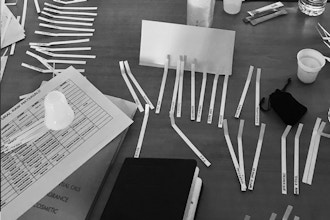
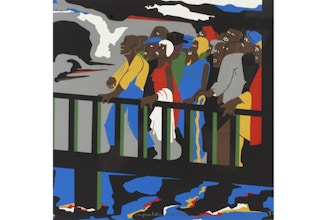

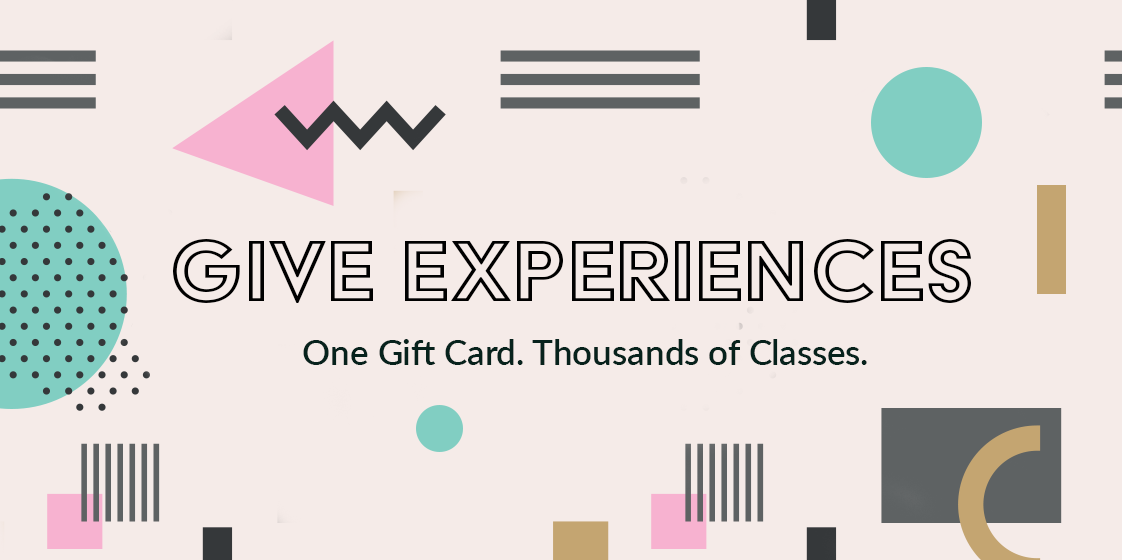
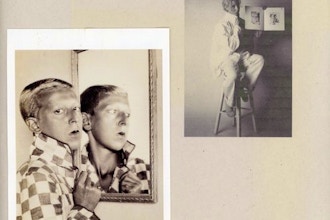
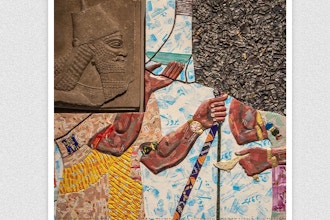
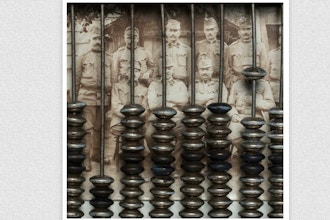

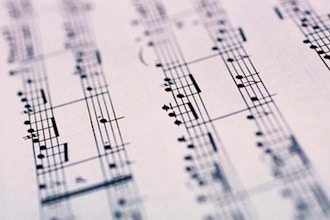

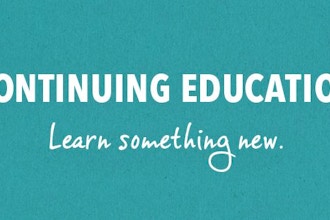
.png?auto=format%2Cenhance%2Ccompress&crop=entropy&fit=crop&h=220&ixlib=php-1.2.1&q=90&w=330)
